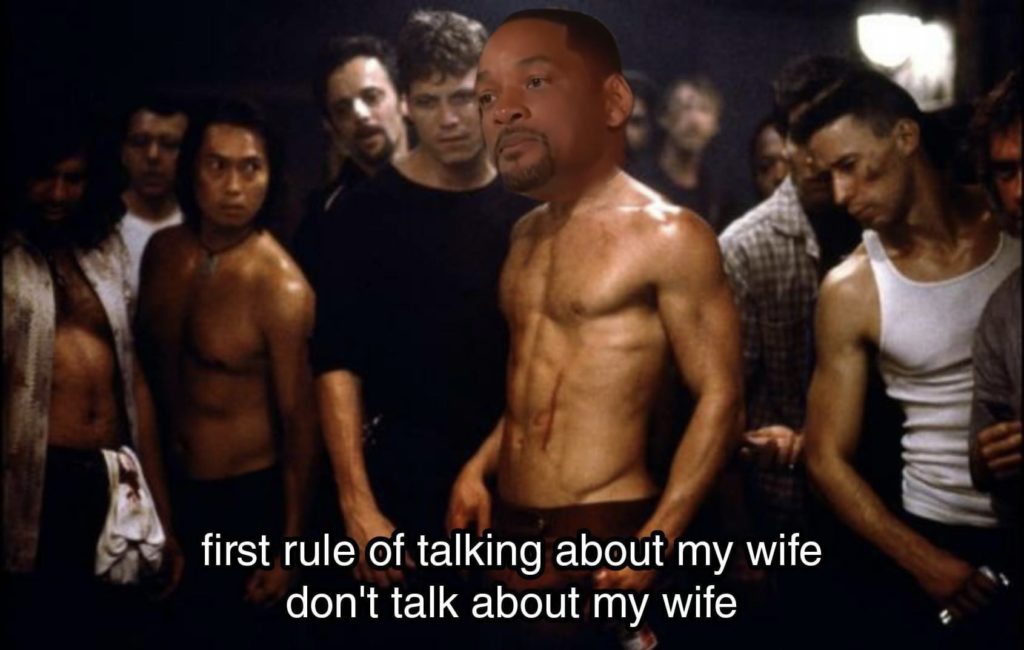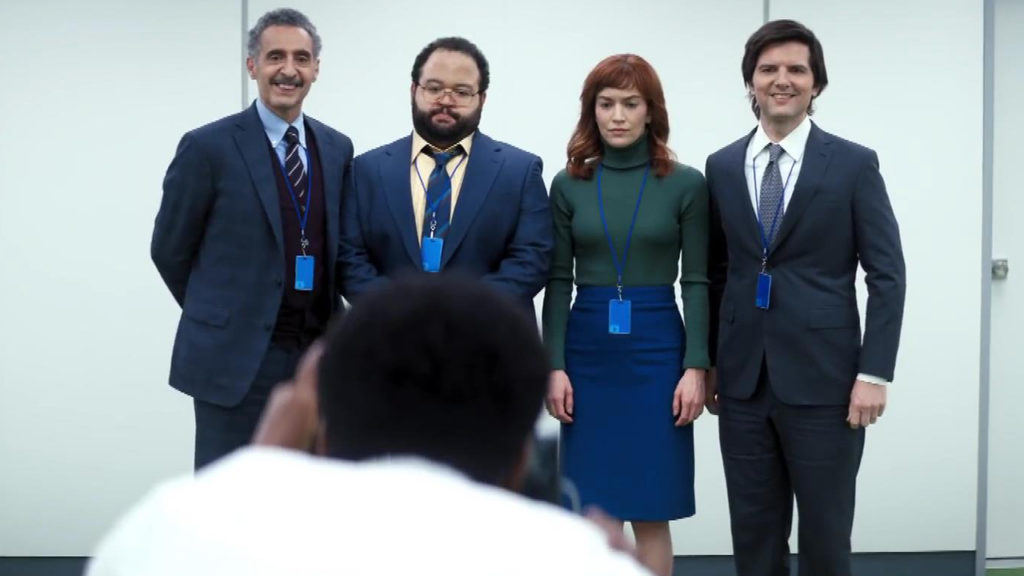Dear Healthy People,
My, how our knickers got into a twist after the Academy Awards Sunday, which may go down as the liveliest memorial service of the 21st Century. Funerals can get feisty.
But that’s not the takeaway from the slap-happy ceremony. This is: Enough with the bogus indignation over jokes about medical ailments.
And let’s be clear: That’s what alopecia is. An ailment. An embarrassing inconvenience, like acne. It’s not a disease. It’s not fatal. It’s not even painful. I would literally give my eyesight to be blessed with that ”illness.” And my illness pales to that of many. I too, have no right to complain.
But I read a column in USA Today by some psychology professor who argued that joking about illness or infirmity is ”punching down.”
Wrong. What’s punching down is highlighting how an illness makes you stand out as a person.
I was diabetic when I was 13. I LOVED humor about being diabetic. Close friends would joke that I could bring needles to school and not get busted for being a burnout. Now, that joke would get you expelled.
Will Smith wasn’t defending his wife’s health. He wasn’t defending his wife. He was defending nothing but his own insecurities — shamefully.
Healthy people, who gave that behavior a standing ovation, miss the point. The ill don’t want a cone of silence or deference. We want to be included in the humor. We want to be just like you.
I don’t expect healthy people to know what it’s like being sick. I’m not sure I know, and I’ve been at it a half-century.
So, please, stop pretending that you do. That is what offends.


